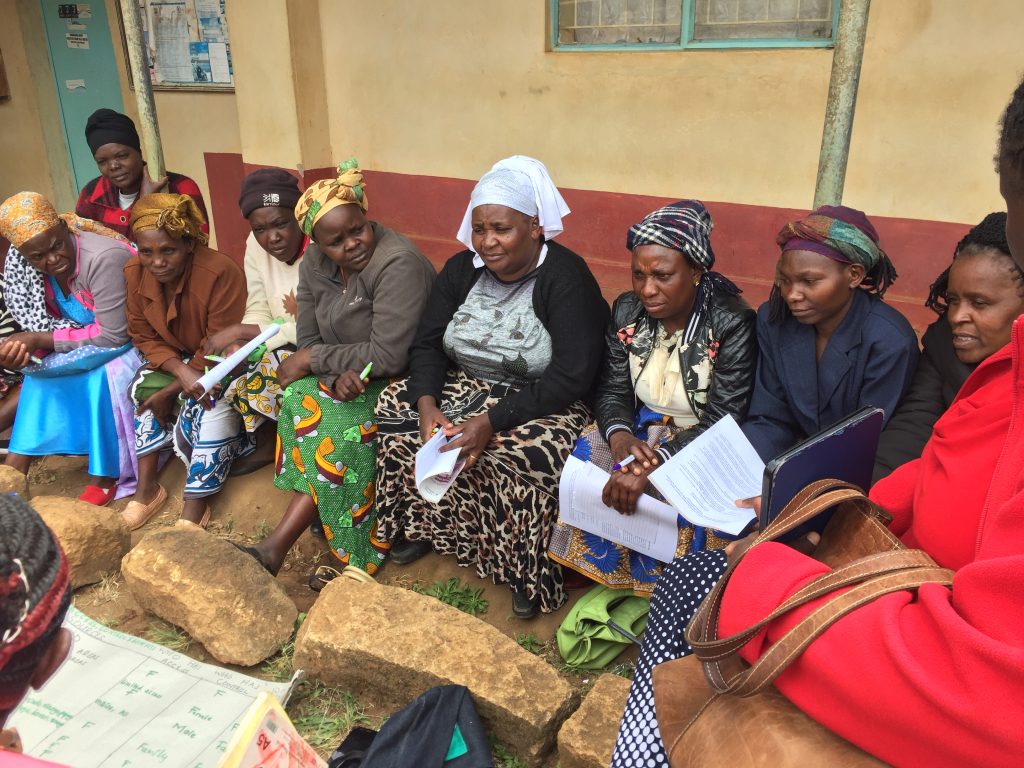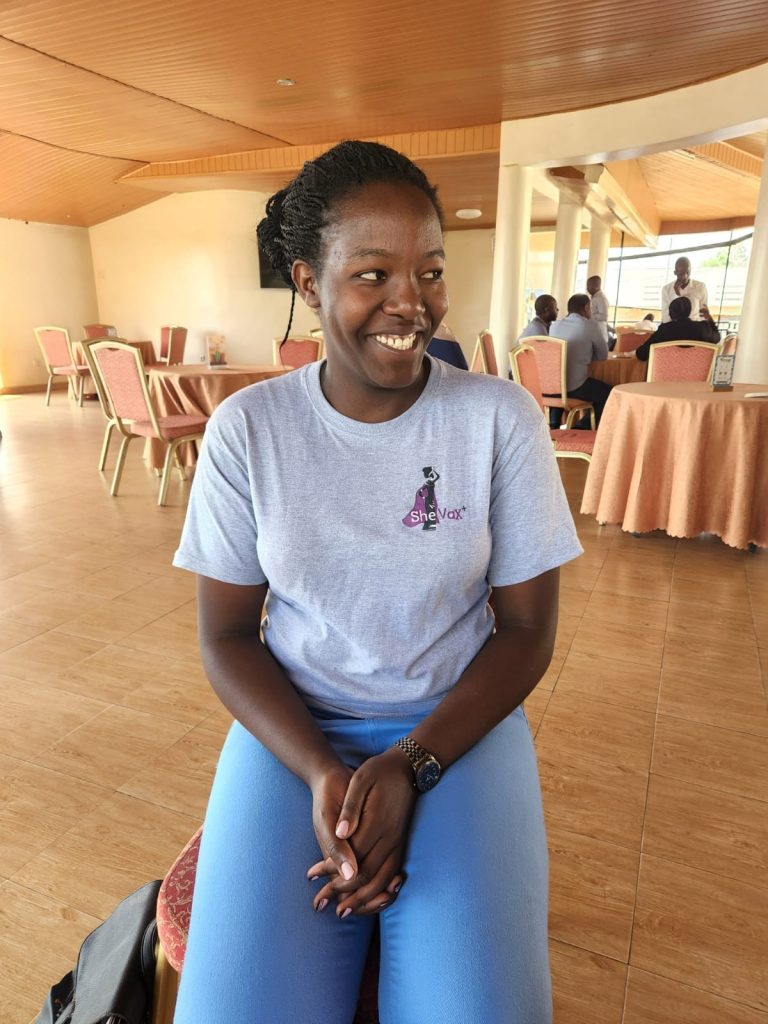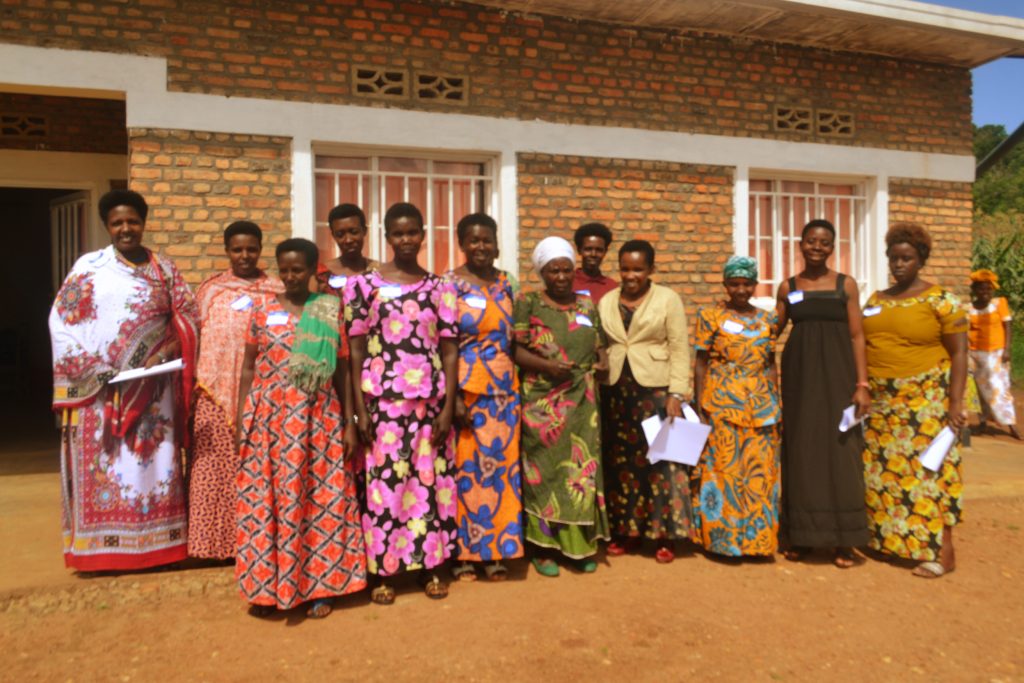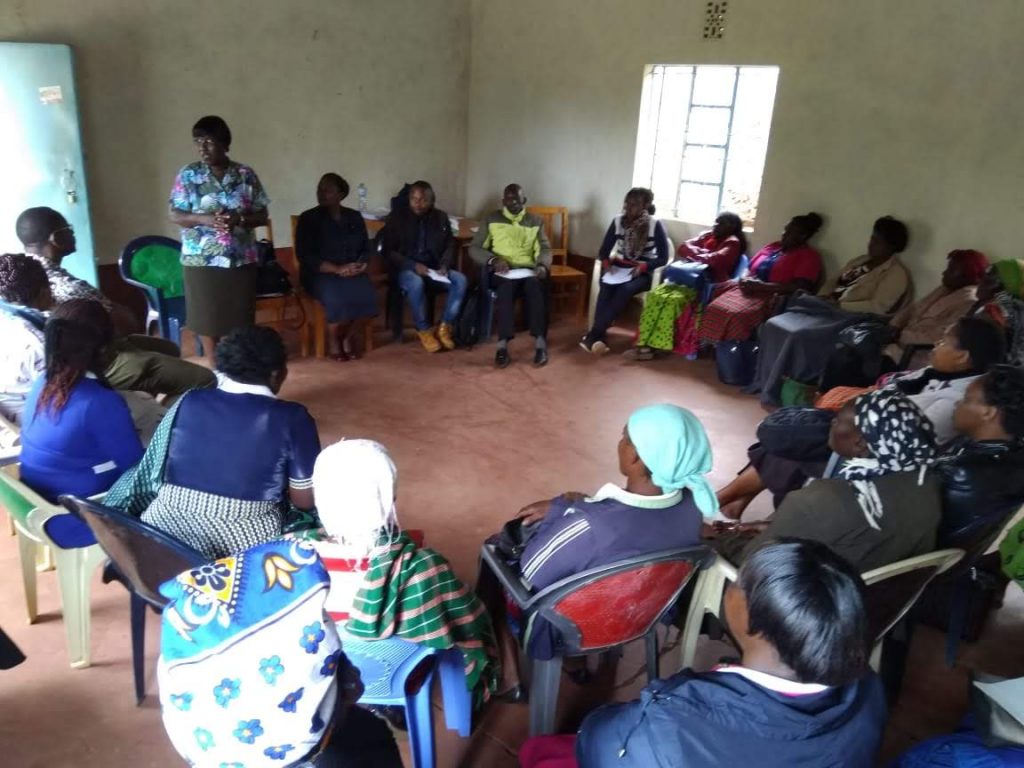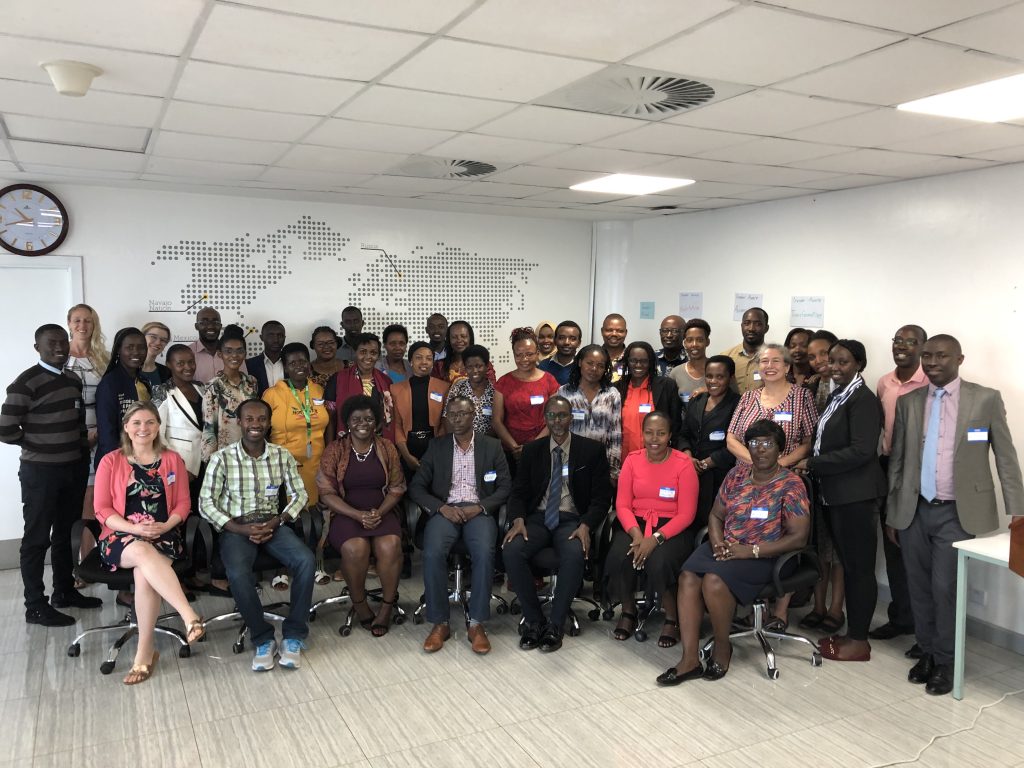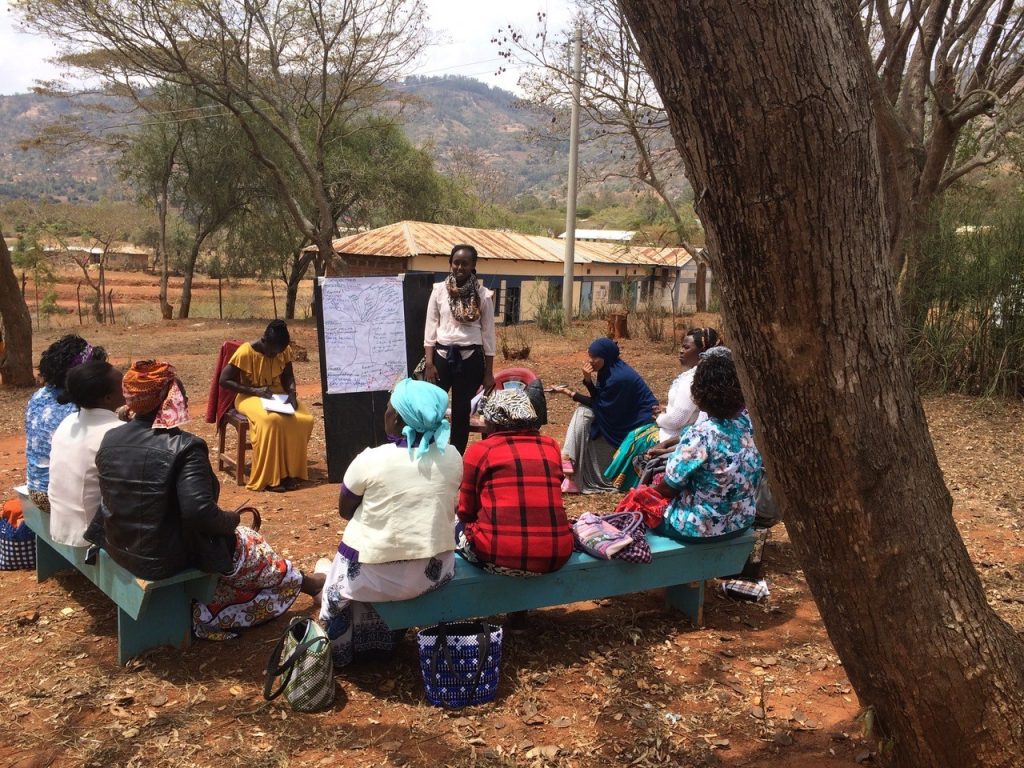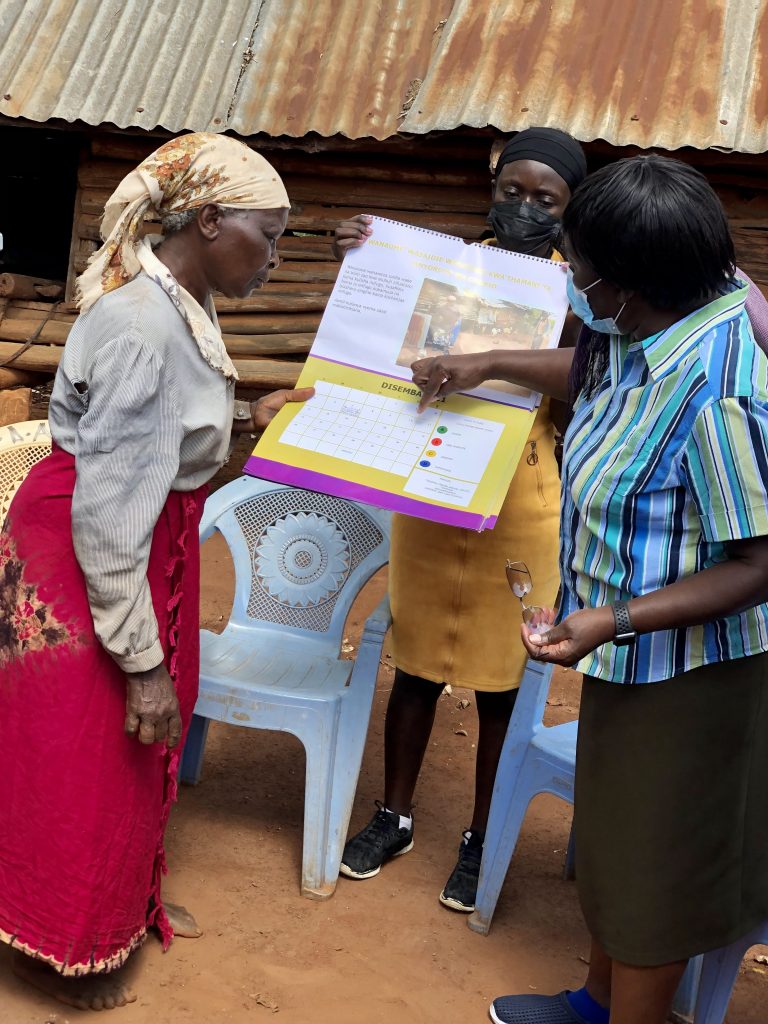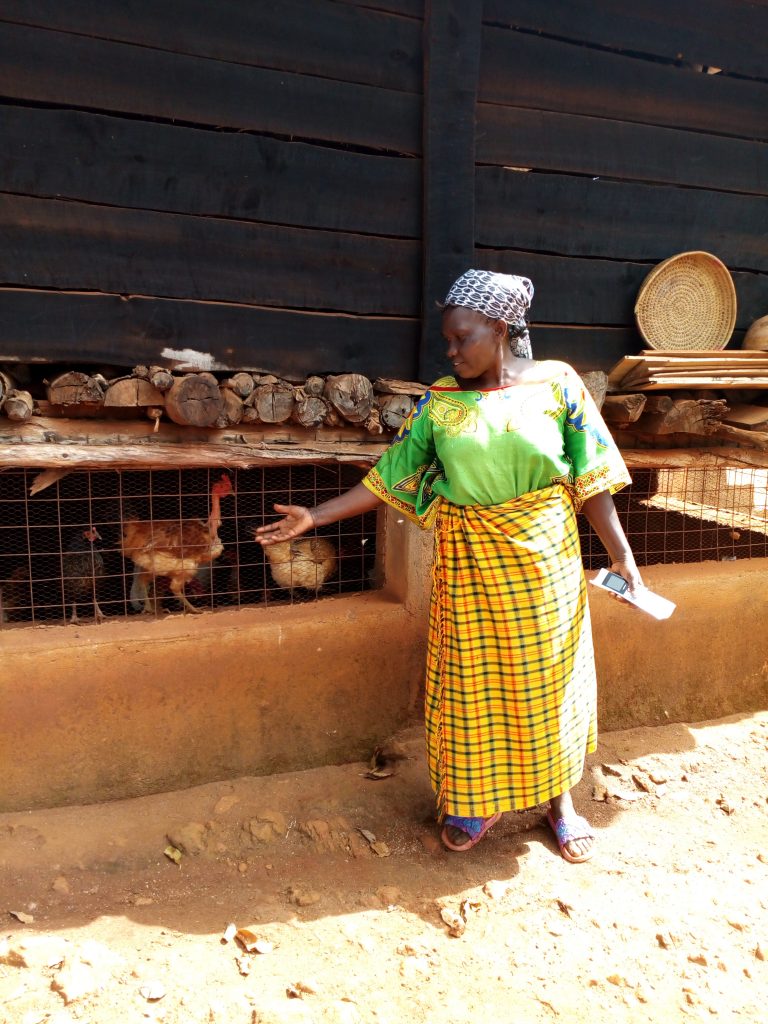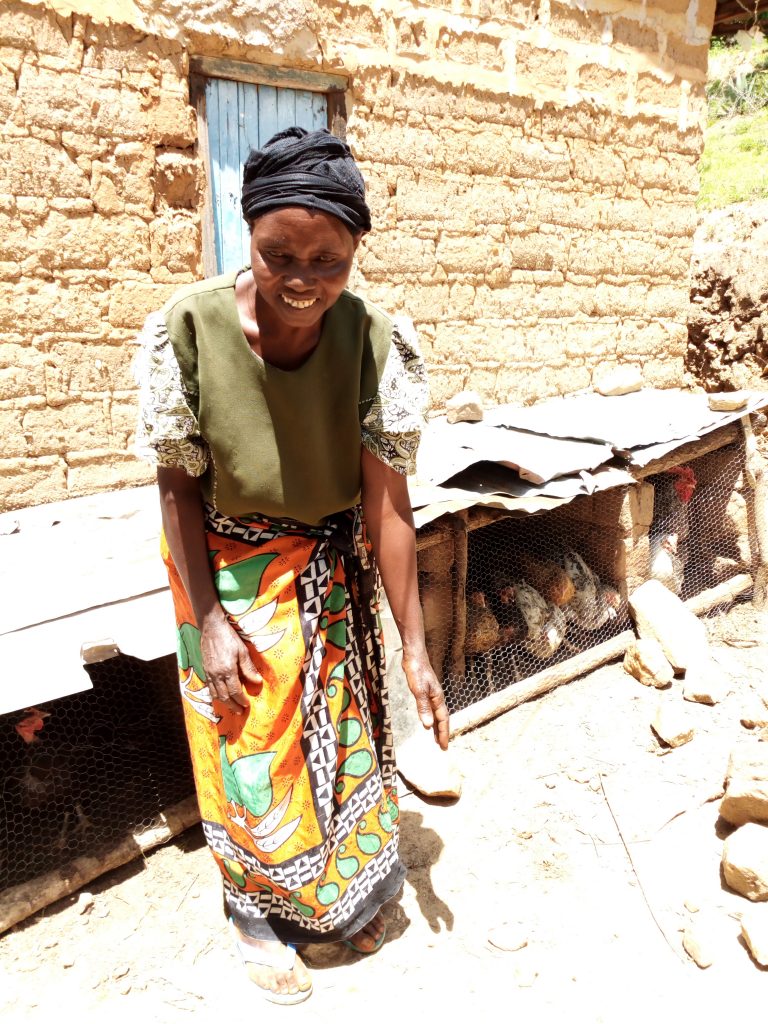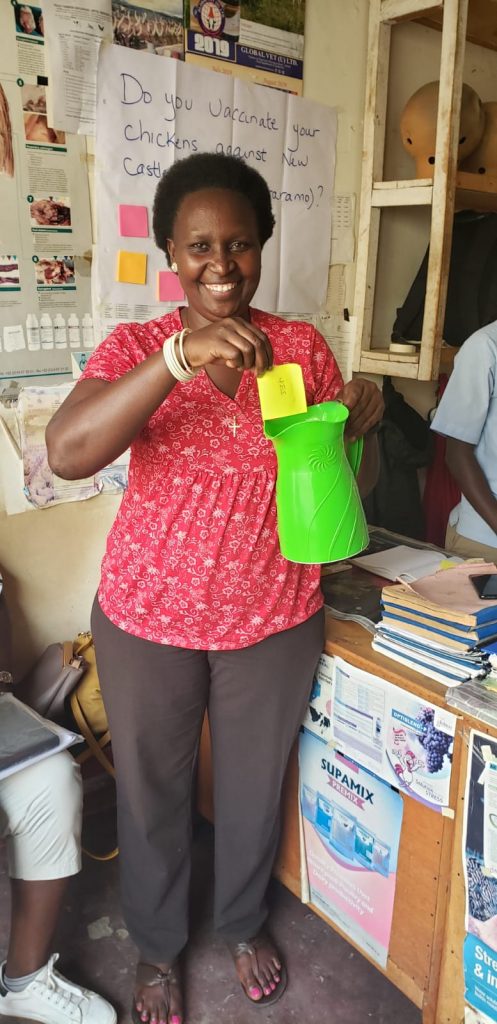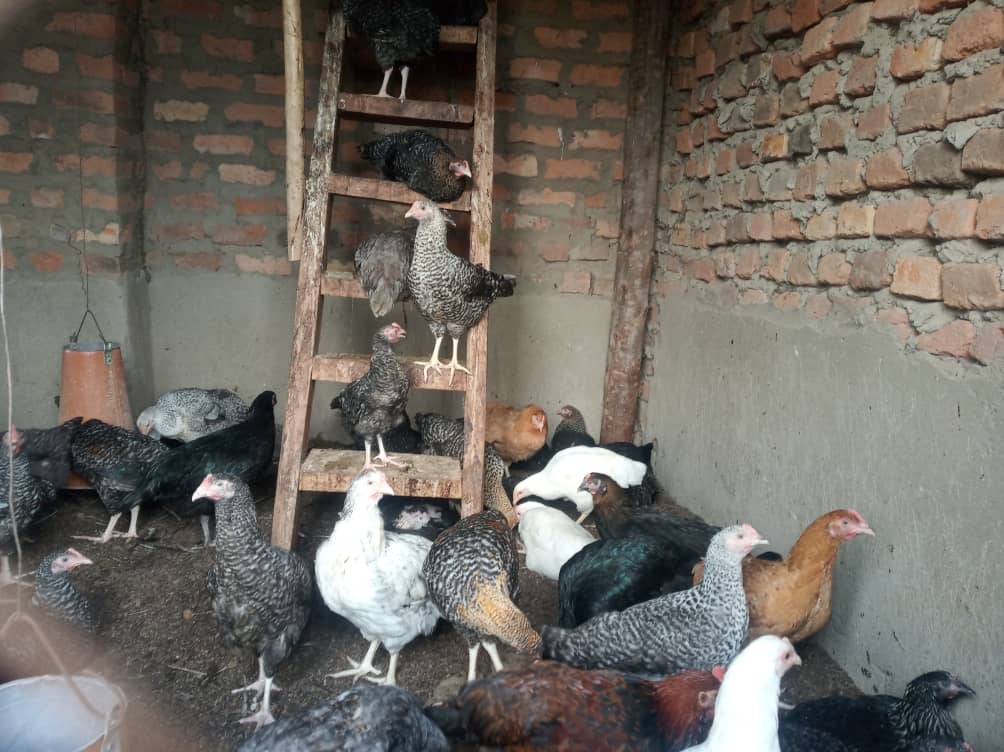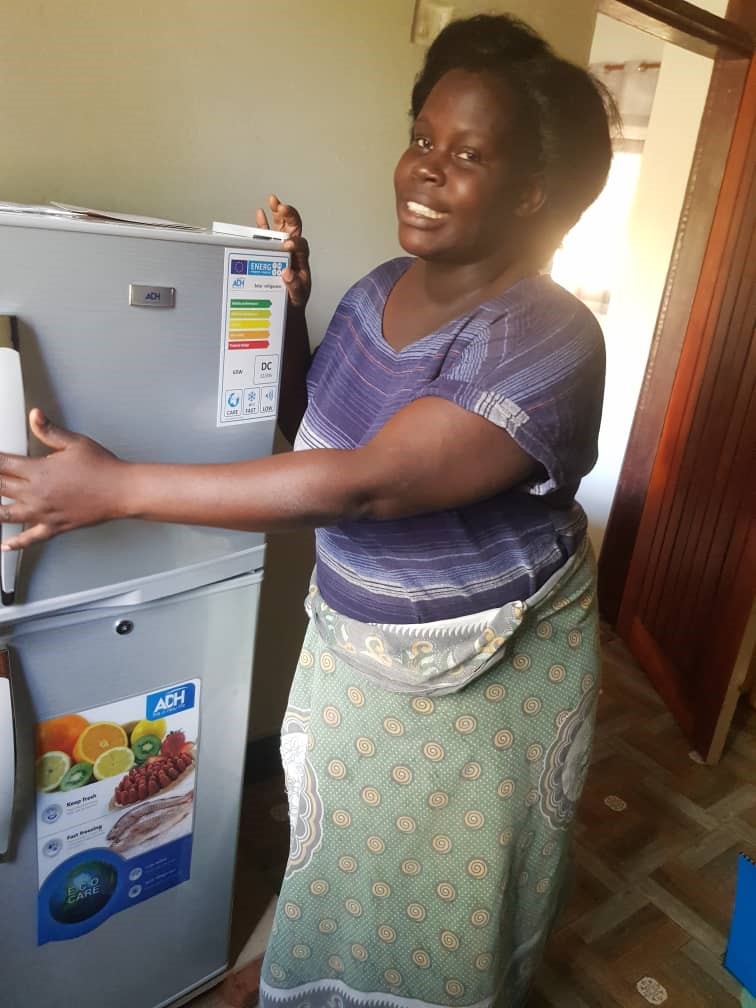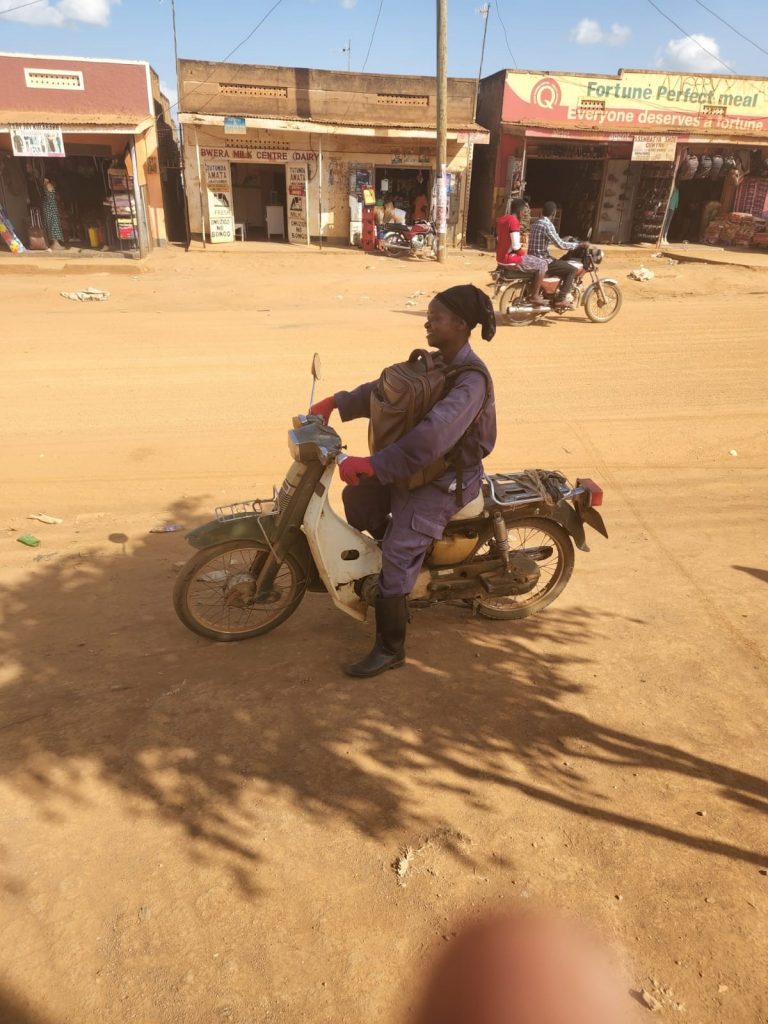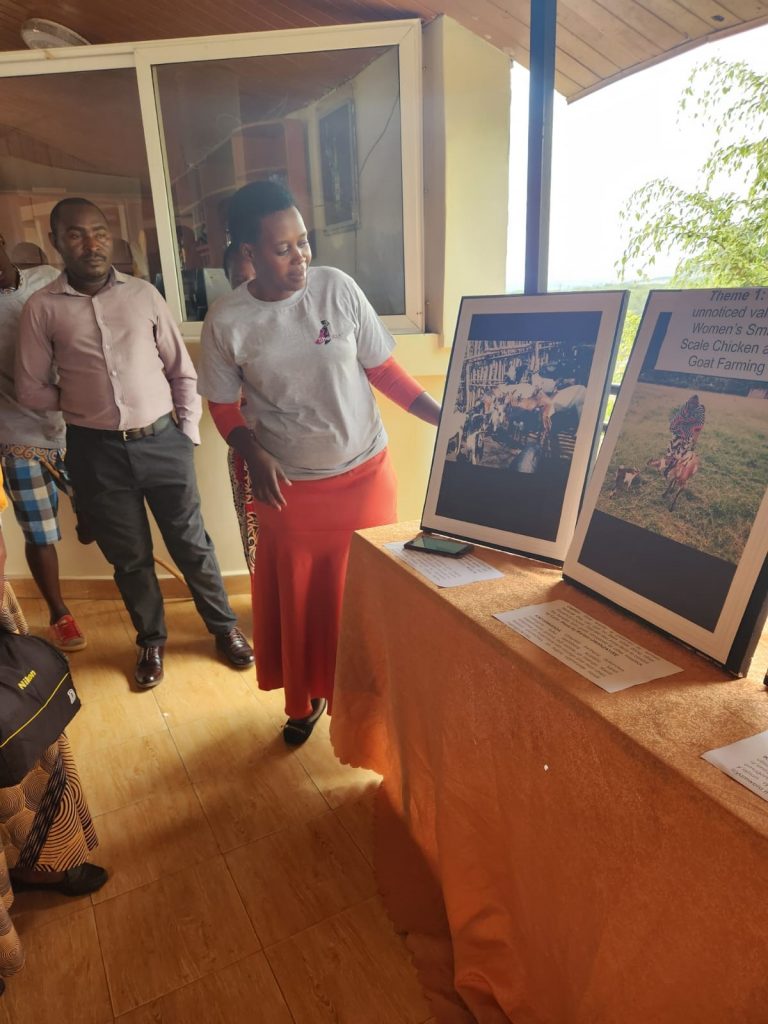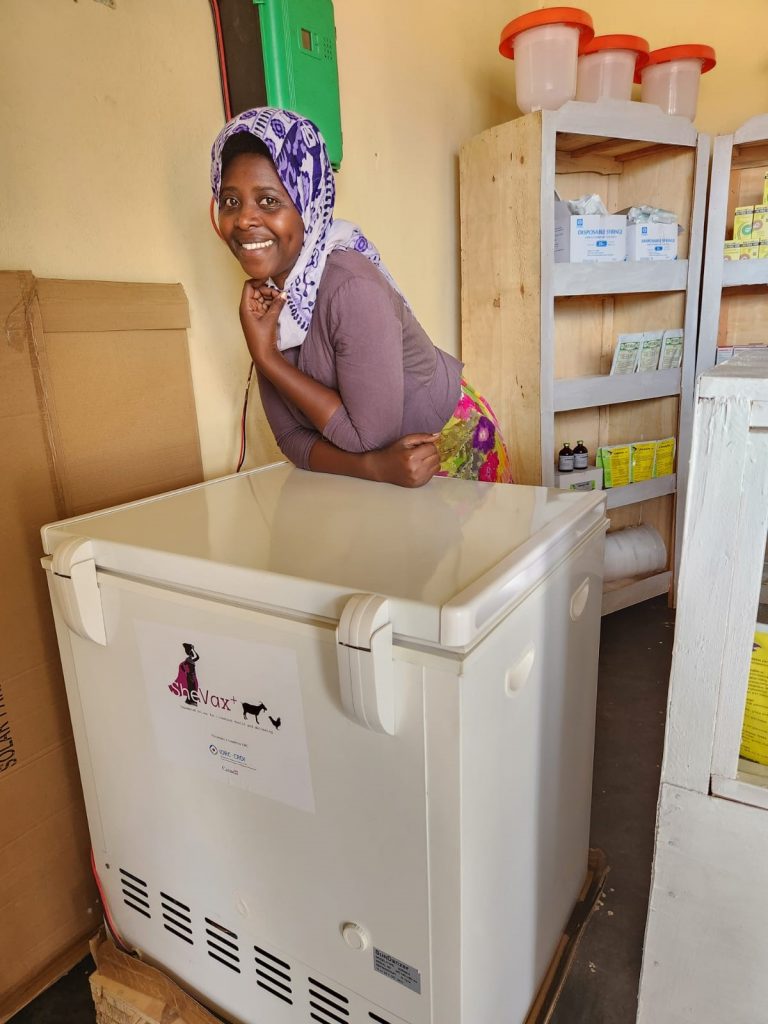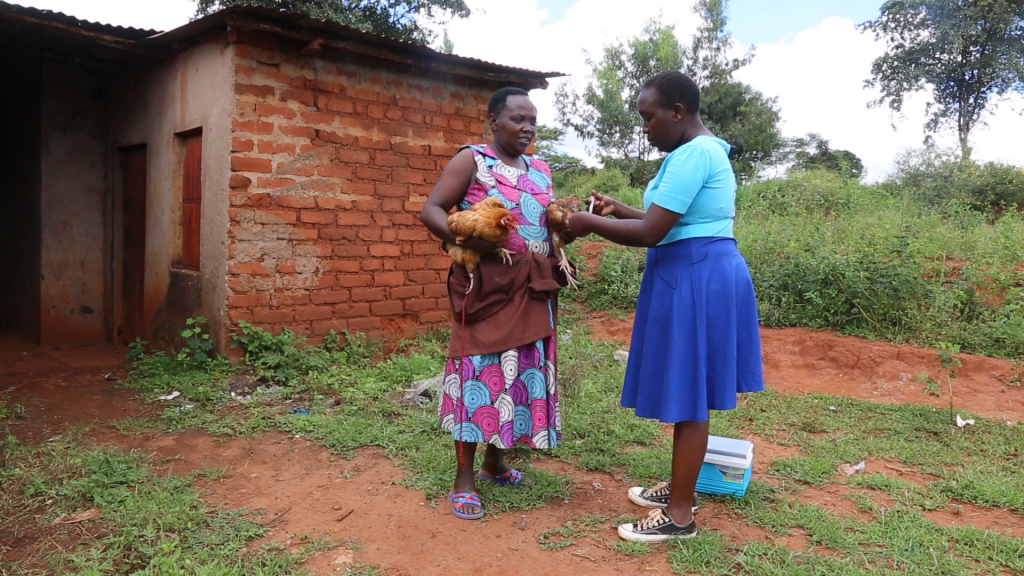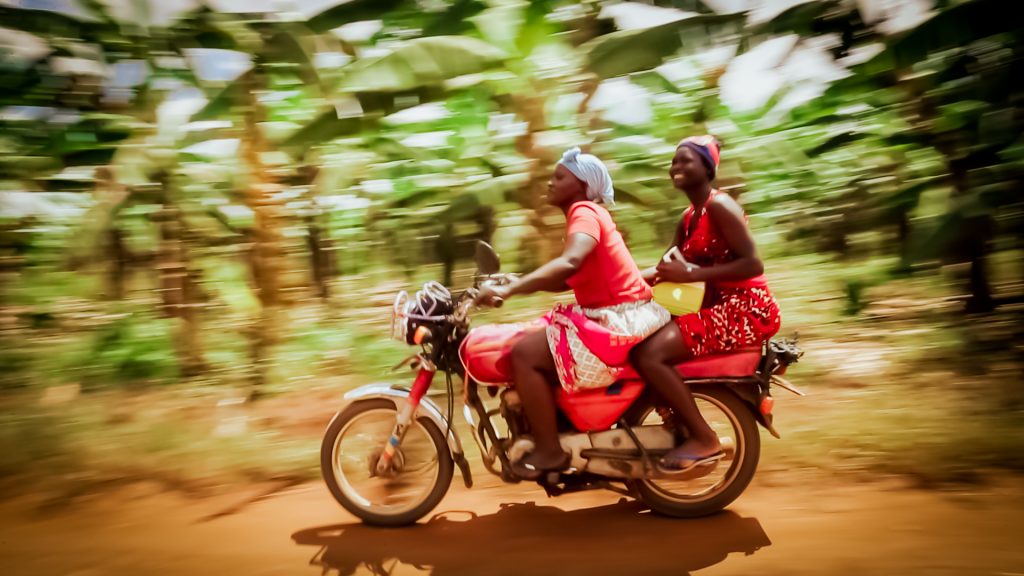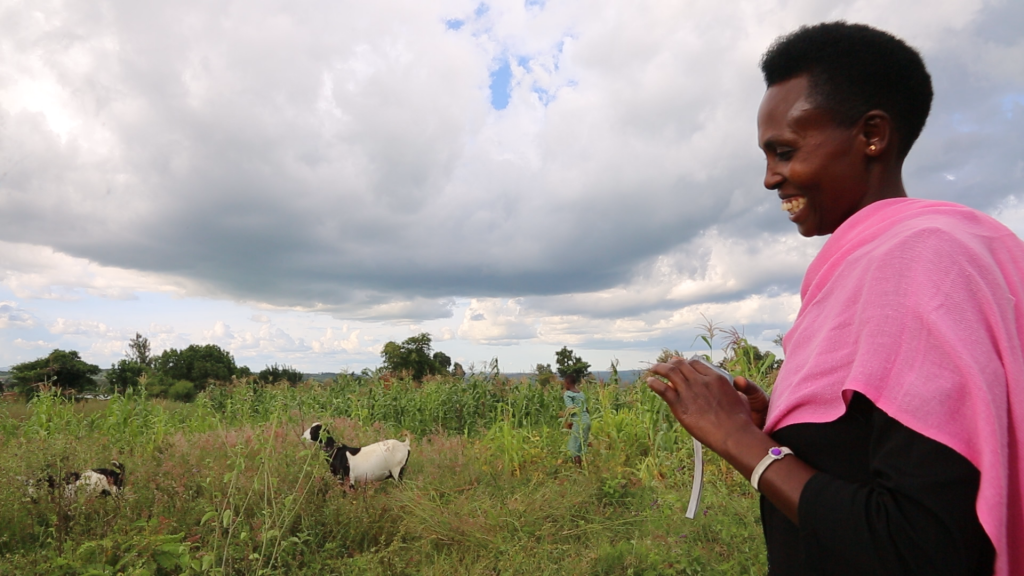To empower women to effectively contribute and benefit from the vaccine supply chain as entrepreneurs, service/product providers and users, we are casting the limelight on the gender related technical, social, cultural, and economic barriers that they encounter and the opportunities therein. To achieve this objective, our project focuses on systemic transformational change and empowerment for the women in the vaccine value chain (VVC) through engagement of key critical partners in three countries (Kenya, Rwanda and Uganda) at national and sub-national levels; analysis of the barriers and opportunities at systems, enterprise and household levels across the VVC; and identification of opportunities to create an enabling environment that will sustain outcomes after the project has ended. Through this project, we aim to:
Generate evidence and formulate strategies that can help position women to effectively and efficiently contribute to and benefit from livestock vaccines,
Enhance women’s participation in livestock vaccine distribution, delivery, and use,
Test gender focused models that target specific entry points for women along the livestock vaccine value chain (VVC),
Provide data and information that impact programmatic and policy interventions.
The challenge
Peste des petits ruminants (PPR), Rift Valley fever and Newcastle disease, are highly contagious livestock diseases. Vaccinations are available to protect livestock but women farmers rarely benefit – barriers include a lack of cold storage, limited veterinary and extension services, and restricted decision-making ability. Women small-scale farmers depend heavily on small livestock for their income. As they are also responsible for caring for diseased animals, they are disproportionately affected (by these livestock diseases). SheVax+ is researching new ways to improve women’s participation, and how they can better benefit from, livestock vaccine value chains (LVVCs) in Kenya, Rwanda and Uganda.
Innovations
Women are being trained as animal health service providers (AHSPs), and provided with solar fridges and vaccines to boost vaccine delivery and access amongst women.
AHSPs and key partners (government vets, community development officers and private sector) are being trained to enhance understanding of gender issues for improved communication with women farmers, and to advocate for policies and activities to benefit women and men.
Explore SheVax+
